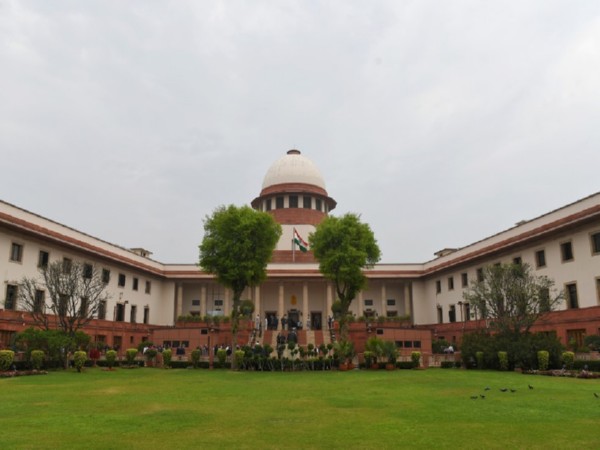Supreme Court Dismisses PIL on Karnataka Honeytrap Allegations
The Supreme Court dismissed a PIL seeking a CBI or SIT probe into honeytrap allegations involving Karnataka politicians and judges. The petitioner, a Jharkhand resident, claimed serious allegations were made in the state legislature. The bench labeled the case as 'political nonsense' and ruled it unnecessary.

- Country:
- India
On Wednesday, the Supreme Court dismissed a Public Interest Litigation (PIL) that sought an independent investigation by the Central Bureau of Investigation (CBI) or a Special Investigation Team (SIT) into alleged honeytrapping incidents involving legislators, public servants, and judges in Karnataka.
A bench composed of Justices Vikram Nath, Sanjay Karol, and Sandeep Mehta rejected the plea, characterizing it as 'political nonsense.' Justices questioned the petitioner, represented by advocate Barun Sinha, regarding his concern over events in a state other than his own. The court emphasized that Karnataka is capable of addressing such issues independently.
Amidst claims that the allegations were serious enough to warrant a judicial inquiry, Justice Nath highlighted the dangers of falling into such traps. Despite further arguments pointing to judicial involvement, the court firmly stated that judges are well-equipped to handle their own affairs.
The petition, filed by Jharkhand resident Binay Kumar Singh, based its demands on explosive claims within the Karnataka State Legislature. Cooperation minister KN Rajanna previously alleged that 48 individuals were victims of honey traps in the state, with obscene footage circulating. He also suggested that the problem transcends party lines and includes high-profile leaders. Another minister amplified the gravity of the matter, suggesting its scale far exceeds visible evidence, implicating even judiciary members, thus posing a potential threat to judicial independence and public trust.
(With inputs from agencies.)
- READ MORE ON:
- Supreme Court
- PIL
- Karnataka
- CBI
- SIT
- honeytrap
- judiciary
- investigation
- political
- allegations
ALSO READ
Chaos at Golden Temple: Holy Site Attacked, Community Seeks Justice
I learnt a lot from people who came to my father's tea shop while I used to sit there; I applied those learnings in my public life: PM Modi.
Kerala's Political Breakfast: CM Vijayan and Finance Minister Sitharaman's Unofficial Meet
Majithia Faces SIT Grilling: A Drug Case Deep Dive
Supreme Court Advocates Humility in Judiciary After Misconduct Incidents










